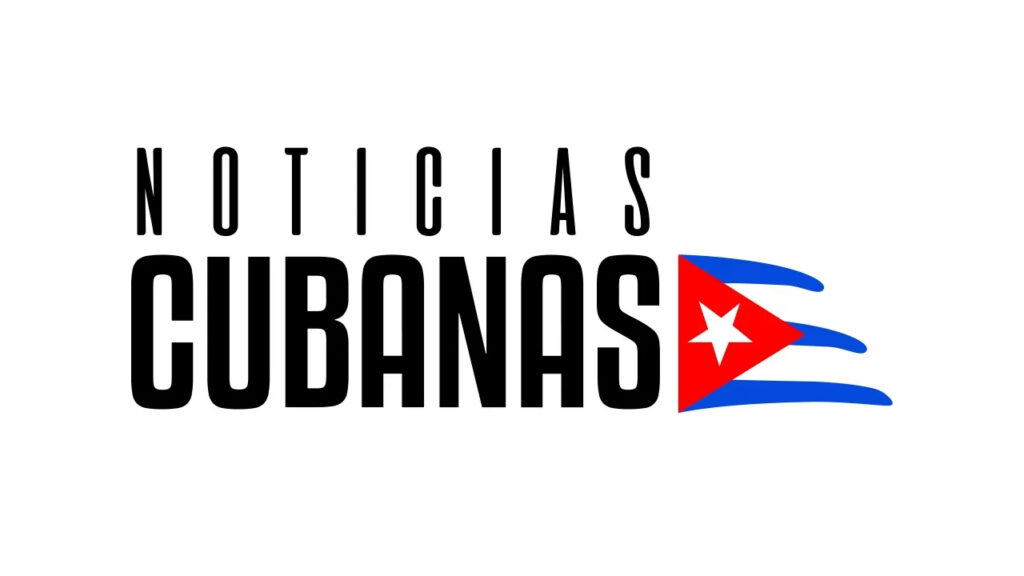Williem Lodewijk Leysens is the secretary of the Coordinating Committee for the Lifting of the Blockade against Cuba, in Belgium, and under his efforts he has been bringing together for several years the work of around 40 solidarity organizations united in the fight against this economic, commercial and financial siege.
Within that platform is the blog cubanismo.be, for which his compatriot Willem Michiel de Whitte collaborates on a voluntary basis.
After a life of workers, instead of enjoying a comfortable and secluded pension, they both dedicate this time to spread the truth about the Caribbean island to every corner of their country and to raise awareness among those who, either because of ignorance or misinformation, remain indifferent.
When asked about the reason that led them to identify with the island, they coincide in mentioning the constant expressions of solidarity and altruism shown by Cuba and its Revolution to the rest of the world.
Referring to the work of the Coordinating Committee, Leysens highlights the strategy of using public spaces such as squares or parks to promote the autochthonous values of Cuban culture and thus reach a larger popular base among the Belgian population.
With determination, they have taken their activities to the outskirts of the European Parliament and collected more than 4,000 signatures to demand the ending of this hostile policy.
The Coordinating Committee’s position is focused on the humanitarian issue of the impact caused by this policy on Cuba, which guarantees that many persons and organizations reach a common agreement on the need to eliminate it and join their forces to the claim, Leysens assures.
In this sense, he considers communication as a vital resource, since the most powerful weapon for the solidarity movement is to provide
information that confirms the negative impact of economic and financial sanctions on the deterioration of the quality of life of Cubans.
For his part, De Whitte affirms that it is difficult to maintain a left-wing counter-hegemonic speech in the face of the rise of the radical right in Europe, which shows the double standards of the bourgeois democratic system.
Likewise, he condemns the position of the European Union in not recognizing the Cuban vaccines. In a context where many people of the anti-vaccine movements refuse to receive immunization, not being able to count on a vaccination scheme for children places us in a double condition of vulnerability, he regrets.
The two fighters agree with Marti’s thought of belonging to the side of those who love and create. In spite of being born in another land, they consider this Homeland as an extension of the one where they live their loves and hopes.


